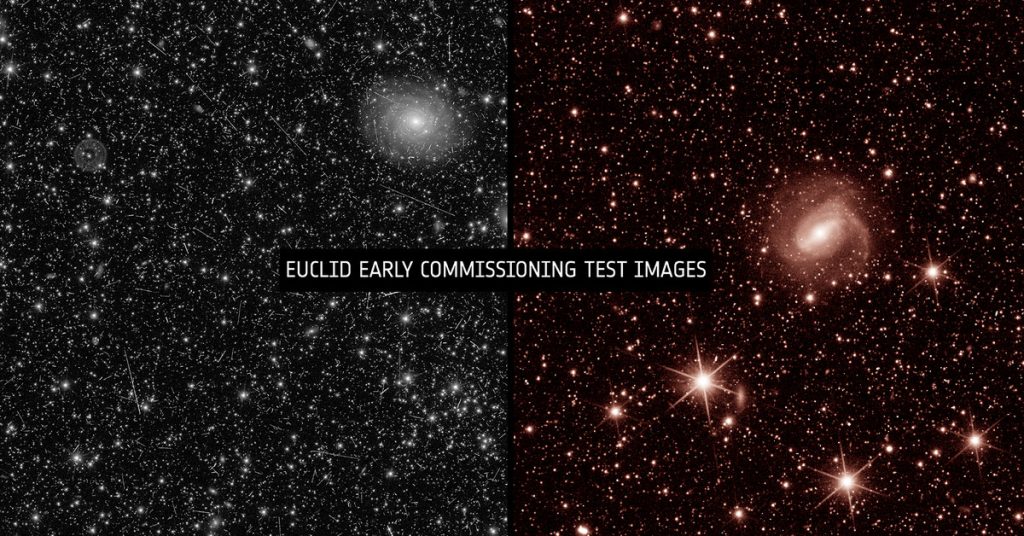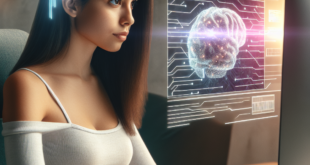
Today, the European Space Agency (ESA) showed off the first test images taken from the Euclid space telescope as it approaches its final orbit around the Earth (via Ars Technica). Once in place, scientists at the ESA and its partners in the US, Canada, and Japan hope to gain radical new insights into the very formation and expansion of the universe as well as the role played by dark energy, dark matter, and gravity in all of that.
The first test images, captured by the telescope’s two onboard cameras — the VISible instrument (VIS) and the Near-Infrared Spectrometer and Photometer (NISP) — are a series of detailed shots of the night sky, showing a vast collection of stars, star clusters, galaxies, and more. Knud Jahnke of the Max Planck Institute for Astronomy, a partner involved in the project, says the images are “not yet usable for scientific purposes” but that the two instruments are “working superbly in space.”
The first test images comprise a swath of sky approximately a “quarter of the width and height of the full moon.” The ESA says they must be processed to remove “unwanted artefacts” such as the cosmic rays that streak across the pictures. The Euclid Consortium will be able to convert later, longer exposures “into science-ready images that are “artefact-free, more detailed, and razor sharp,” the ESA says in its release.
Euclid is distinct from other famous space-based scientific telescopes like the Hubble or the James Webb Space Telescope — rather than look for specific stellar detail, Euclid will spend its six years of service observing more than a third of the sky, peering 10 billion years into the past. Doing so, the ESA says, will help scientists answer questions about the fundamental physical laws of the universe as well as learn how it came to be and what it’s really made of.

 Latest Breaking News Online News Portal
Latest Breaking News Online News Portal




